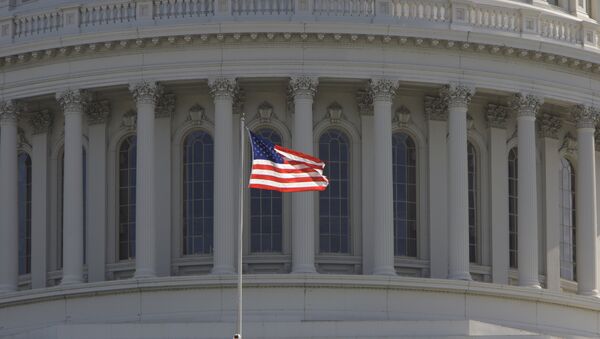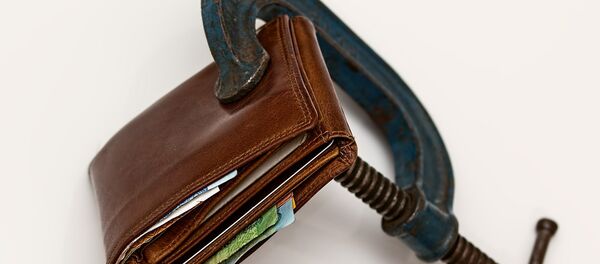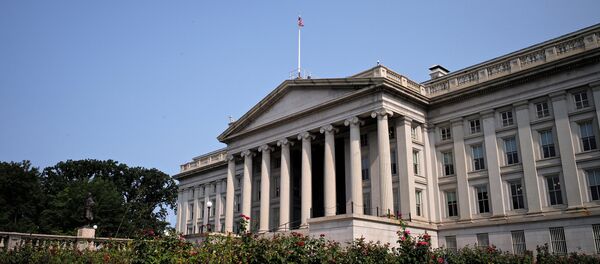"Today’s growing debt is not so much the result of defeating a threat to America’s national security – as it is the threat itself. The fiscal imbalance we face; the uncertainty that is sown into our economy by a looming fiscal crisis – this all weakens our nation," the statement published on the committee’s website read.
It added that over 60 percent of Americans think that the "nation is on the wrong track."
The main concern for the House of Representatives is that the government is not ready to radically deal with the issue because the authorities do not want to reduce spending, especially in some fields, said Yury Rogulev, director of the Franklin Roosevelt Center for American Studies at the Moscow State University.
"Particularly, there is a problem with the Pentagon which is now receiving nearly 50 percent of budget spending," he told RT.
"The reasons behind the current situation are the lack of domestic resources and other countries’ willingness to buy American assets which are very reliable," the expert said.
However, the US may face serious financial risks, he said.
"Other countries could withdraw their money from American assets. For example, China has invested a lot into US Treasuries. If China returns the money this could result in a crisis in the US," Shapovalov said.
In August, the Congressional Budget Office reported that by the end of the fiscal year (September 2016) the debt-to-GDP ratio will increase by three percentage points, to 77 percent. This will be the highest ratio since 1950. During the next decade, the ratio will reach 86 percent, according to estimates.
"The total national debt when Obama leaves office in January is expected to approach $20 trillion by then," an article on Washington Examiner read. "Figuring out how to handle the national debt will be among one of the first challenges for the new president and Congress to figure out."




